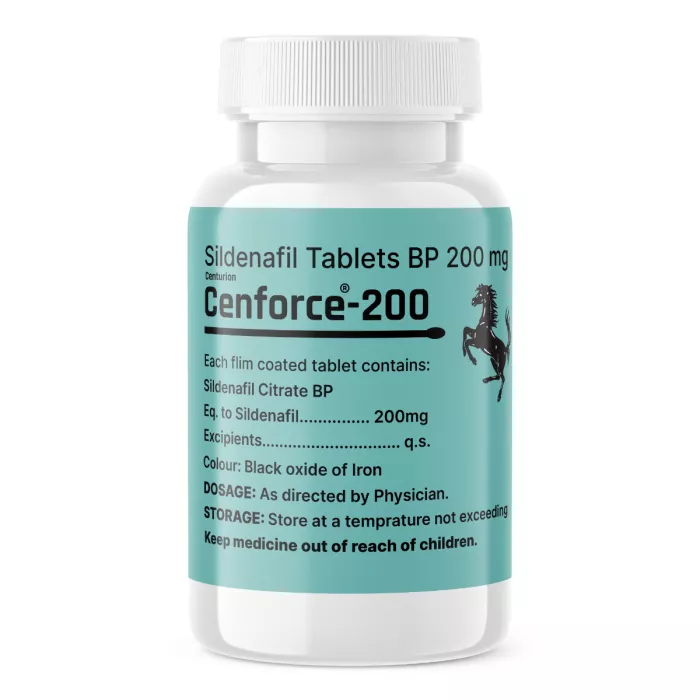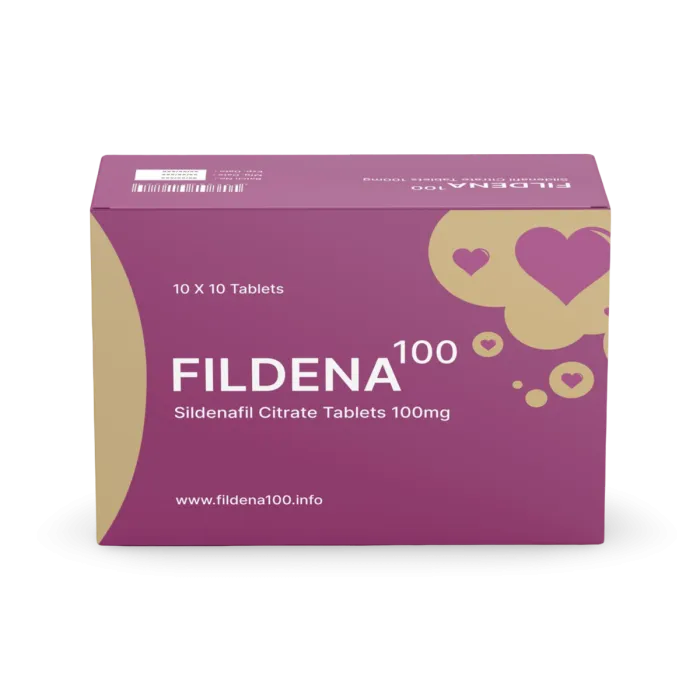The Refractory period or Refractory interval affects millions worldwide. It represents a critical recovery phase that impacts everything from brain function to intimate relationships. This temporary inability of cells and organs to respond typically occurs across multiple body systems, creating significant challenges for those experiencing extended recovery times.
While commonly associated with sexual health, Refractory intervals also govern how our neurons trigger, hearts beat, and muscles contract. Medical research reveals that understanding these recovery mechanisms can dramatically improve quality of life, whether you are dealing with neurological conditions, cardiac issues, or sexual dysfunction.
The good news is that various evidence-based strategies can help optimise these natural processes, making recovery faster and more predictable for better overall health outcomes. Read further to learn more!
What is the Refractory period?
It is a recovery phase where cells, tissues, or organs temporarily lose their ability to respond to stimuli. This biological pause button is a protective mechanism, allowing the body to reset and prepare for the next activity cycle.
The concept applies to multiple body systems. In the neuron Refractory period, nerve cells need time to restore their electrical balance after firing. In sexual health, the male Refractory interval refers to the recovery time required between erections or sexual encounters. Each type serves a specific purpose in maintaining optimal body function.
Save up to 90% on your medicine bills

Cenforce 200 mg

Kamagra Oral Jelly Rx 100 mg

Fildena 100 mg

Vidalista 60 mg
Types of Refractory periods
Understanding different types helps identify which recovery mechanisms affect your situation and guides appropriate treatment approaches.
Neurological Refractory period
The Refractory interval that neurons experience is crucial for proper nervous system function. When a nerve cell triggers an action potential, it enters two distinct phases:
- Absolute Refractory period: During this phase, the neuron cannot initiate another action potential regardless of stimulus strength. This typically lasts about 1-2 milliseconds and ensures proper signal transmission.
- Relative Refractory period: Following the absolute phase, neurons can trigger again but require stronger stimuli than normal. This phase helps regulate nerve signal frequency and prevents overstimulation.
Cardiac Refractory period
The cardiac Refractory interval protects your heart from dangerous arrhythmias. Heart muscle cells have an extended Refractory interval compared to other muscle types, preventing tetanic contractions that would stop blood flow. This built-in safety mechanism ensures your heart can pump blood effectively throughout your lifetime.
Sexual Refractory period
The sexual Refractory interval primarily affects males, though some females may experience it too. This recovery time between sexual encounters varies significantly based on age, health, and individual factors.
Male Refractory period characteristics include :
- Temporary inability to achieve an erection or Erectile Dysfunction
- Reduced sexual sensitivity
- Decreased interest in sexual activity
- Gradual return to normal arousal capacity
Psychological Refractory period
Mental processing also requires recovery time, affecting cognitive performance and multitasking abilities.
The psychological Refractory interval affects mental processing and decision-making. This cognitive phenomenon occurs when the brain needs time to process one stimulus before responding to another.
Understanding this concept helps explain why multitasking can be challenging and why focused attention improves performance.
Refractory period by age
Age significantly impacts recovery patterns, with younger individuals typically experiencing shorter Refractory intervals than older adults.
Refractory period by age shows many variations, particularly in sexual function:
- Young adults (18-30 years): Recovery time ranges from minutes to an hour.
- Middle-aged adults (30-50 years): Recovery typically takes 30 minutes to several hours.
- Older adults (50+ years): Recovery may require 12-24 hours or longer.
Age-related changes occur due to hormonal fluctuations, reduced blood flow, and decreased overall sexual function. However, significant individual variations exist within each age group.
Refractory period physiology
Refractory interval physiology refers to the body’s natural recovery process, involving chemical changes that help cells or systems rest before they can respond again:
- Hormonal factors: Prolactin levels surge after orgasm, contributing to reduced sexual desire and function. Oxytocin and endorphins also play roles in the recovery process.
- Neurochemical changes: Neurotransmitter imbalances affect arousal pathways, while dopamine levels decrease temporarily after sexual activity.
- Vascular factors: Blood flow patterns change during the Refractory interval, affecting tissue sensitivity and erectile function.
How to reduce the Refractory period?
Various evidence-based approaches can help optimise recovery times and improve overall function across different body systems.
Lifestyle modifications
Reducing the Refractory interval naturally involves several approaches:
- Regular exercise: Cardiovascular fitness improves blood flow and hormone balance, potentially shortening recovery times.
- Stress management: Chronic stress elevates cortisol levels, which can extend Refractory intervals. Meditation, yoga, and relaxation techniques help.
- Quality sleep: Adequate rest supports hormone production and cellular recovery processes.
Dietary approaches
Foods to shorten the Refractory period include:
- Watermelon: It contains citrulline, which converts to arginine and supports blood vessel function.
- Dark chocolate: Rich in flavonoids that improve circulation and may enhance sexual function.
- Nuts and seeds: Provide zinc and healthy fats essential for hormone production.
- Leafy greens: Supply nitrates that support blood flow and vascular health.
- Fatty fish: Omega-3 fatty acids support cardiovascular health and hormone balance.
Medical interventions
Shortening the Refractory interval may involve:
- PDE5 inhibitors: Medications like Sildenafil (Viagra) may reduce recovery time in some men by improving blood flow.
- Hormone therapy: Addressing Testosterone deficiencies can improve overall sexual function and reduce Refractory intervals.
- Psychological counselling: Performance anxiety and relationship issues can extend Refractory intervals.
When to seek medical help
Consider consulting a healthcare provider if you experience:
- Sudden changes in the Refractory interval duration
- Persistent sexual dysfunction
- Relationship difficulties related to sexual timing
- Concerns about normal sexual function
Medical evaluation can identify underlying health conditions affecting sexual function and Refractory intervals.
Conclusion
The Refractory period serves essential functions across multiple body systems, from protecting neurons during signal transmission to regulating sexual function. Understanding these recovery phases helps normalise natural biological processes while identifying when intervention might be beneficial. Age-related changes in Refractory intervals are regular, but lifestyle modifications, dietary alterations, and medical treatments can help optimize function.
Whether dealing with neurological, cardiac, or sexual Refractory intervals, maintaining overall health through exercise, proper nutrition, and stress management supports optimal recovery times.
Remember that significant variations exist between individuals, and what’s normal for one person may differ for another. By staying informed about Refractory period physiology and management options, you can make better decisions about your health and well-being.

Frequently Asked Questions
How do athletes manage muscle Refractory periods?
Athletes manage muscle Refractory intervals through periodised training, hot and cold therapy, compression gear, and precise nutrition timing. These strategies help reduce recovery time, allowing faster muscle repair and improved performance during intense or frequent training sessions.
What role does Testosterone play in Refractory periods?
u003ca href=u0022https://www.cheapmedicineshop.com/blog/sexual-wellness/low-testosterone-levels/u0022u003eLow Testosterone levelsu003c/au003e can significantly extend male Refractory intervals, while optimal levels support faster recovery. Testosterone replacement therapy may help men with clinically low levels, but it requires careful medical supervision.
Do certain medical conditions worsen Refractory periods?
Yes, u003ca href=u0022https://www.cheapmedicineshop.com/blog/diabetes/diabetes/u0022u003eDiabetesu003c/au003e, cardiovascular disease, multiple sclerosis, and spinal cord injuries can all extend Refractory intervals by affecting nerve function, blood flow, and hormone production. Proper disease management often improves recovery times.
How do stimulants affect neuronal Refractory periods?
Caffeine and other stimulants can slightly reduce neuronal Refractory intervals by enhancing sodium-potassium pump activity, potentially improving reaction times and cognitive processing speed. However, effects vary individually, and excessive use can cause problems.
Cheap Medicine Shop only refers to credible, authoritative sources for our content. If you’re curious about how we ensure the integrity of our content, we encourage you to read our Content Information Policy.














